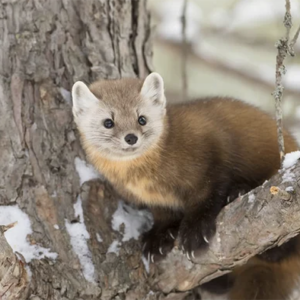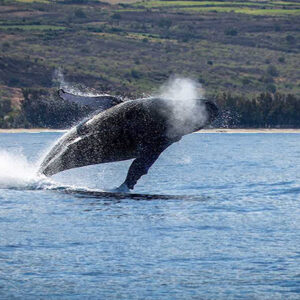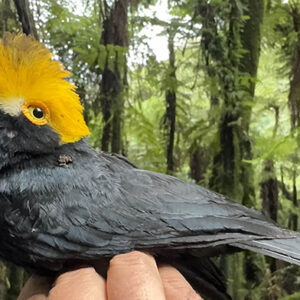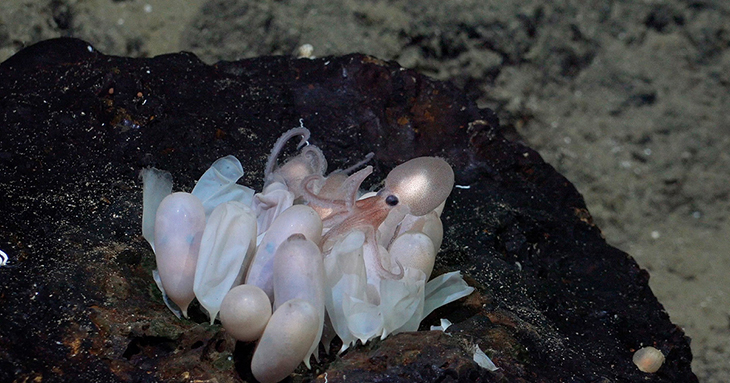
The Schmidt Ocean Institute recently unveiled astounding findings from their exploration two miles beneath the waters of Costa Rica. Conducted near the rocky enclave known as El Dorado Hill, this expedition yielded the discovery of four previously unknown species of octopus. Moreover, researchers captured rare imagery of an octopus hatchery and extensively documented the life surrounding a series of hydrothermal vents situated in lightless depths.
The inaugural expedition, undertaken by the Schmidt Institute in June of the preceding year, was followed by a subsequent voyage in December. This latter journey provided conclusive evidence that these octopus nurseries exhibit year-round activity.
Within the hatchery, female octopuses were observed incubating their eggs, a remarkable defensive posture with their suckers pointing outward. This behavior, as noted by Smithsonian experts, accelerates the hatching process, possibly due to the warming effect of water discharged from the hydrothermal vents.
Leading the identification and description of the newfound species are Dr. Janet Voight, associate curator of invertebrate zoology at the Field Museum of Natural History, and Fiorella Vasquez from the Zoological Museum at the University of Costa Rica. Among these species, one notable find is the brooding octopus observed in the hatchery, now slated to be named the Dorado octopus in homage to its discovery site.
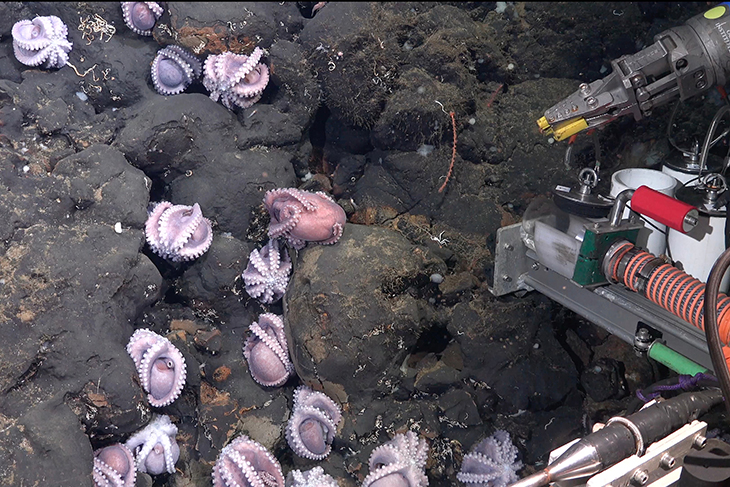
Three additional species were recognized in the nearby area, yet only the Dorado was found at the hatcheries.
“Through hard work, our team discovered new hydrothermal springs offshore Costa Rica and confirmed that they host nurseries of deep-sea octopus and unique biodiversity,” Dr. Beth Orcutt of the Bigelow Laboratory for Ocean Sciences said in a statement.
“It was less than a decade ago that low-temperature hydrothermal venting was confirmed on ancient volcanoes away from mid-ocean ridges. These sites are significantly difficult to find since you cannot detect their signatures in the water column.”
The discovery expedition unveiled a fascinating array of marine life in the depths off the coast of Costa Rica. Among the finds was the intriguing Dorado octopus, exhibiting similarities to a species identified near a California seamount. Additionally, two other octopus species displayed characteristics placing them in proximity to other medium-sized members of the Muusoctopus genus. However, a fourth octopus stood out with its distinctive single row of suckers per tentacle, marking it as an anomaly deserving further investigation.
In another remarkable find, the research team stumbled upon a bustling nursery for deep-sea skates atop a seamount, affectionately dubbed “Skate Park.” This discovery sheds light on the importance of such environments for the reproduction and survival of marine species in these remote regions.
Further exploration led to the identification of three hydrothermal springs scattered across the area, each exhibiting unique fluid temperatures and chemical compositions. These variations suggest distinct underlying processes responsible for the formation of these geothermal vents, offering invaluable insights into deep-sea geological activity.
Rather than returning the captured specimens to the United States, the team made the decision to entrust them to institutes in Costa Rica. This choice aims to foster local scientific interest and conservation efforts, empowering future generations of deep-sea biologists in the region and promoting the preservation of its marine ecosystems.
What are your thoughts? Please comment below and share this news!
True Activist / Report a typo
